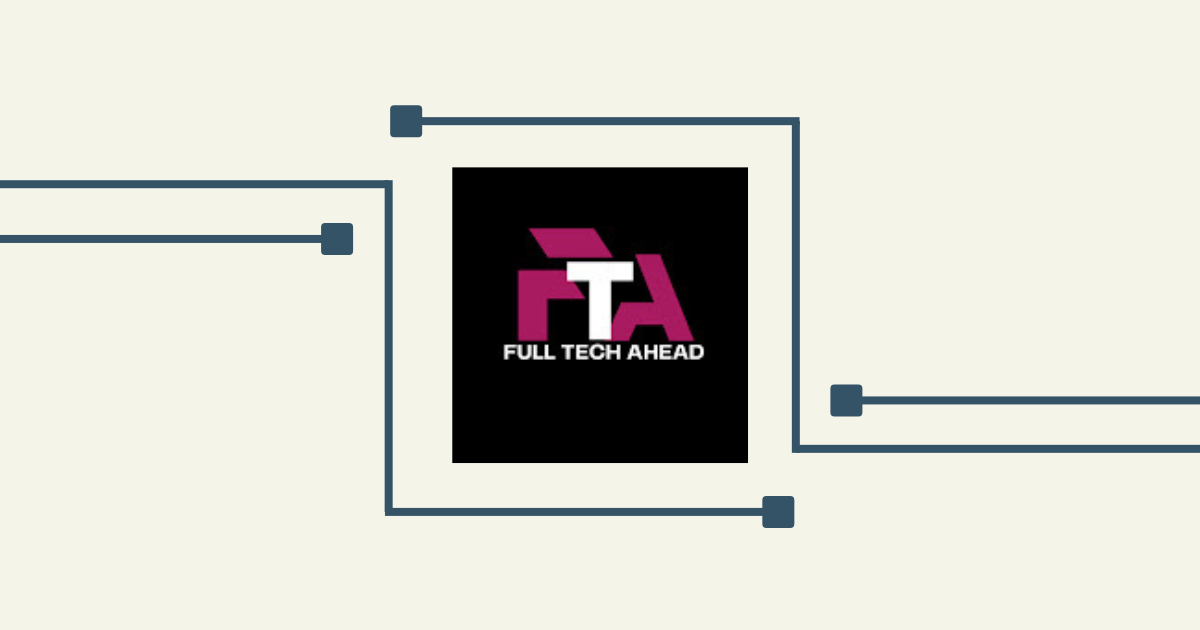
Dark Reading: As Social Engineering Attacks Skyrocket, Evaluate Your Security Education Plan
On February 27, NetSPI Director Patrick Sayler was featured in the Dark Reading article called As Social Engineering Attacks Skyrocket, Evaluate Your Security Education Plan. Read the preview below or view it online.
+++
Social engineering-based attacks are a popular form of security manipulation, with cybercriminals using this technique for 98% of attacks in 2022.
Social engineering can take many forms, including vishing (phone), phishing (email), and smishing (text). All have proven effective in infiltrating corporate networks. Social engineering attacks are so effective they’re even outsmarting some of the best cybersecurity experts. Just last month, threat actors targeted security enthusiasts by creating fake Twitter accounts and stores for the Flipper Zero, a penetration testing tool rising in popularity. One Twitter account even responded to users — making it appear legitimate.
One social engineering tactic that’s continued to hamper organizations over time is vishing, a phone-based attack that remains a successful, lucrative avenue for cybercriminals. This method is typically used to gain a foothold in an environment through a less-senior or new employee, often by the attacker posing as a help desk representative or another helpful internal resource.
Defensive Security Options
While many organizations understand the rise in social engineering attacks and the importance of education and awareness to prevent them, recent trends indicate a need for a more strategic approach. To kickstart a new defensive security plan designed specifically for social engineering attacks, give these practices a try.
- Educate from the top down. Too often, we see organizations focused on educating newer employees. To have a real effect, organizations’ security training programs must start at the top and trickle down to the bottom.
This means including the C-suite, regardless of their tenure, in regular education training and curriculum. It’s not on one individual to stop social engineering attacks from happening. Rather, it requires leadership to recognize there’s an ongoing challenge and put precautions in place to remediate the issue. With senior leaders regularly making security a priority across the entire business, this will help all employees adopt a security-first mindset over time.
Read the full article at Dark Reading!
Explore More News

Techcircle: NetSPI appoints Sridhar Jayanthi as Interim CPTO
Techcircle announced NetSPI’s recently appointed interim Chief Product and Technology Officer, Sridhar Jayanthi. Read the preview below or find the full story online.

Full Tech Ahead: The Explosion of AI Scams: How Hackers Can Trick You
NetSPI’s Director of Social Engineering, Patrick Sayler, joins Amanda Razani, host of the podcast, Full Tech Ahead, for a conversation on the rising threats of SMS Phishing and AI voice cloning.

NetSPI Accelerates Innovation in Proactive Security with Appointment of Sridhar Jayanthi as Interim Chief Product and Technology Officer
NetSPI names Sridhar Jayanthi as Interim Chief Product & Technology Officer. With former leadership roles across major security companies, he will advance NetSPI’s PTaaS Platform, automation capabilities, and proactive security for global clients.